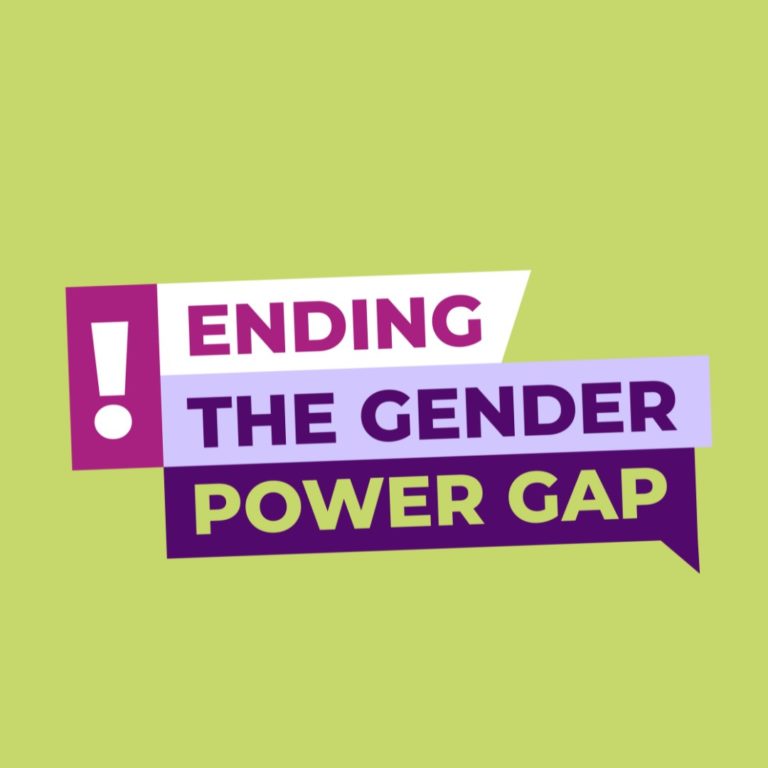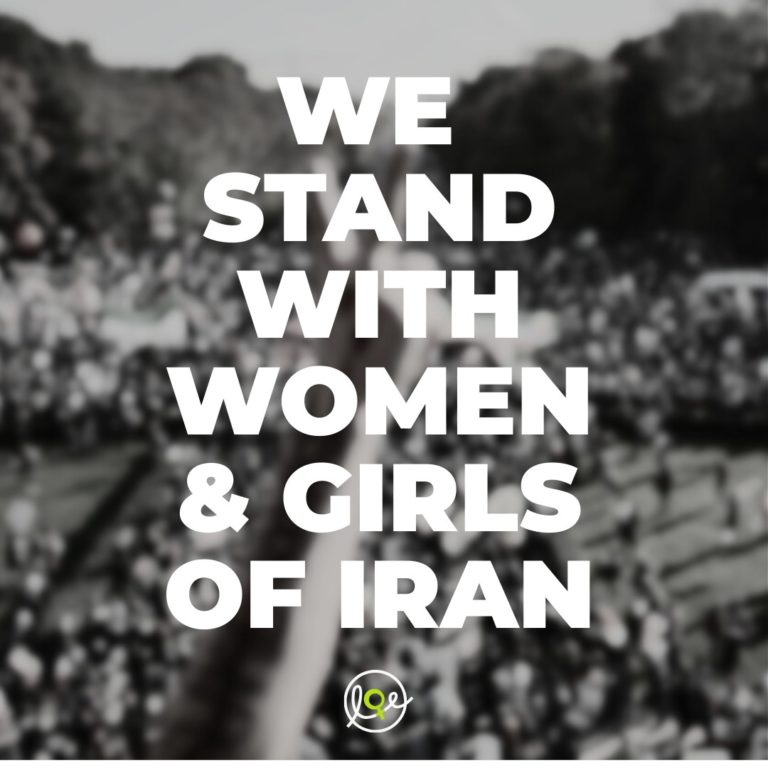[Brussels, 25 January 2018] “Purple Economy” presents a vision of a gender-egalitarian economy that places care at its backbone. Developed by
Ipek Ilkkaracan from the
EWL Turkish coordination,
“Purple Economy” offers a pathway to inclusive and sustainable growth. The model stands on four pillars:
- A Universal Social Care Service Infrastructure.
- Labour Market Regulation for Work-Life Balance with Equal Gender Incentives.
- Gendered Macroeconomic Policy for Decent Jobs Generation, Inclusive and Sustainable Growth.
- Time-Saving Physical Infrastructure in Lower-Income Rural Contexts.
Purple economy emphasizes the jobs generation potential of investing in care and also presents
a feminist alternative to austerity policies.
A summary of the Purple Economy Papers is also available in Turkish.
In a
supporting paper written for EWL, Ana Sofia Fernandes from the
EWL Portuguese coordination, builds on Ipek Ilkkaracan’s Purple Economy model, to make a convincing case for investing in the care economy in Europe as part of a forward-looking, long-term sustainable development strategy.
In the current financialised capitalism, under which many women entered the labour market, reproductive activities such as child care, care of the elderly, and house cleaning are organised to a large extent via paid labour and are continuously commodified. These changes are primarily a response to needs generated by women’s increased participation in the labour market and not as a response to feminist claims.
Yet these developments did not change the gender division of labour: women make up the majority of the workforce devoted to care work, which tends to be, in turn, less well remunerated. Women face a double burden since they are engaged in paid work and additionally do most of the unpaid housework. In addition, the integration of many women into the labour market relies on a class and ethnic/racial divide among women: caring activities, such as house cleaning or child and elderly care, are often carried out by women migrant workers, many from Eastern Europe or the Global South, many of whom had to leave their families behind to provide care for others. Gender inequalities and poverty are the main driving factors. This situation is framed as a personal/familial issue, and not, as it should, as a social/political one. Alongside addressing gender and intersectional inequalities, together with ITC and ‘green’ jobs the care sector represents the highest quality job creation potential which cannot be ignored.
The paper proposes a set of recommendations and stresses that macro-economic policies must be gendered.
The paper is also available in Portuguese.
Want to know more about feminist economics? Visit the website of the Women’s Budget Group and check out their
very comprehensive resource pack!
Attached documents



